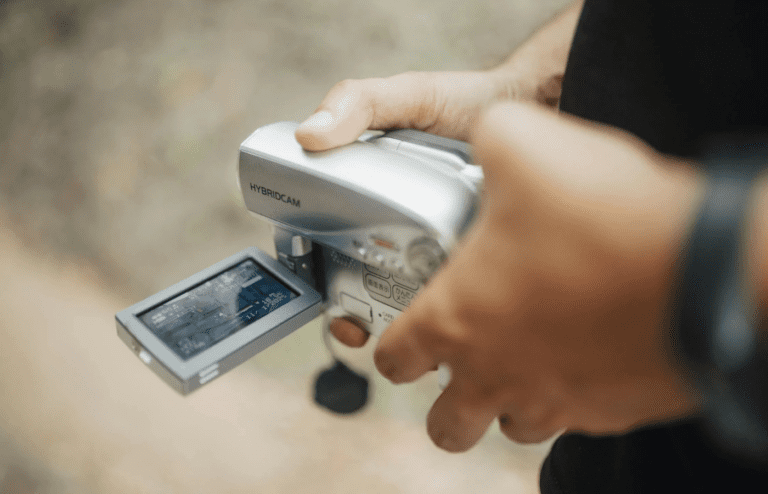While professional help should always be sought for mental health, there are mobile apps available that can help manage your daily self-care. These apps can also connect you with peers and professionals. Here are 10 ways apps can improve mental health.
10. What Can Mental Health Apps Do?

Mental health apps are powerful tools for helping people improve their well-being. Some are self-guided, while others offer online therapy. Their purpose is to simplify how people manage their mental health on a daily basis. Apps may vary on what they target, such as relaxation, meditation, mood tracking, and so on. They are not a replacement for therapy or getting a formal medical diagnosis.
9. Six Categories of Mental Health Apps

Most apps are designed to focus on a particular area of mental health care. According to The National Institute of Mental Health (NIMH), mental apps fall into six categories.
- Self-management (provides feedback based on user input)
- Cognition improvement
- Skills training
- Social support (Connect with peers and professionals)
- Symptom tracking
- Passive data collection
8. Mental Health Apps for Online Therapy

Mental health apps can connect people directly with online therapy platforms. These apps provide direct access to mental health information, therapy sessions, guided meditation, mindfulness exercises, and more. Mental health apps allow people to improve their mental and emotional well-being from the comfort of their homes at a date and time that works for them.
7. Mental Health Apps Offer Convenience and Consistency
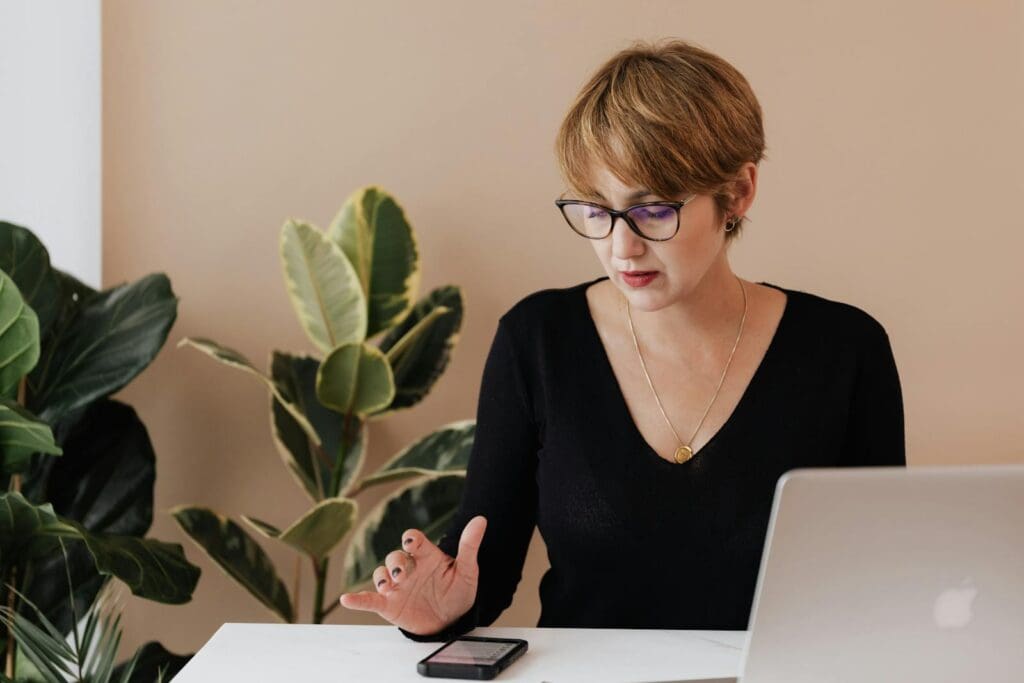
One great benefit of mental health apps is their convenience. From anywhere, you can access information about mental health topics, engage in exercises, track your mood, or connect to a professional counselor. Apps also allow you to stay consistent, making it easier to manage your mental health on a schedule that works for you.
6. Mental Health Apps Reduce the Cost of Healthcare
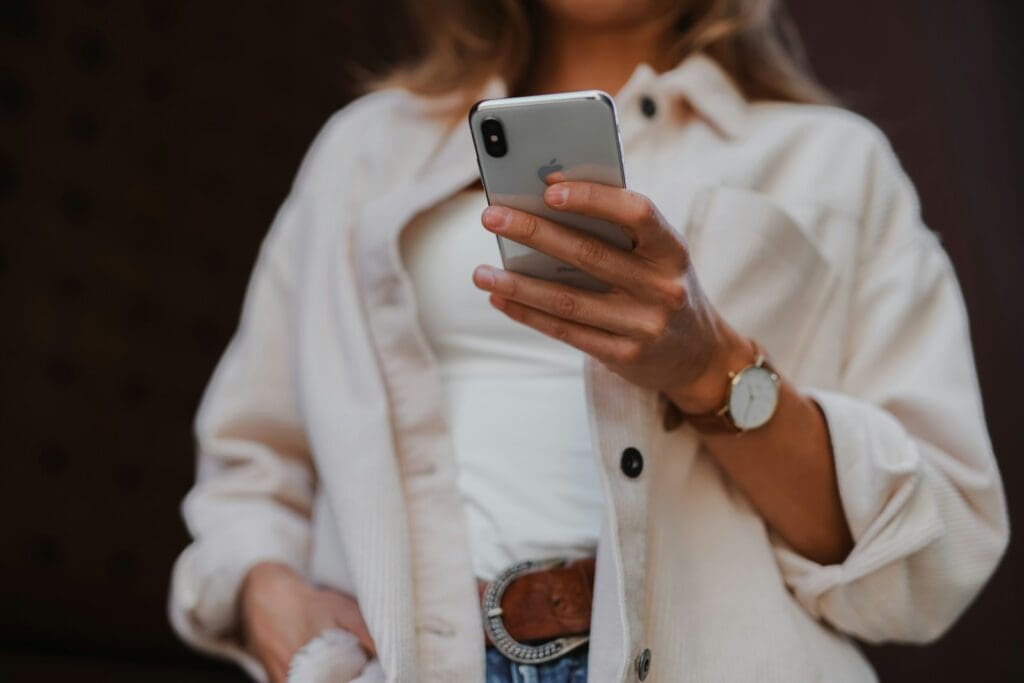
Overall, using a mental health app can greatly reduce the cost of managing and maintaining your mental health. Compared to traditional therapy, mental health apps are significantly more affordable. Many offer programs for under $20 per month. While many mental health apps have free content, direct access to a professional typically requires a subscription.
5. Dedicated Apps for Coping With Anxiety and Depression
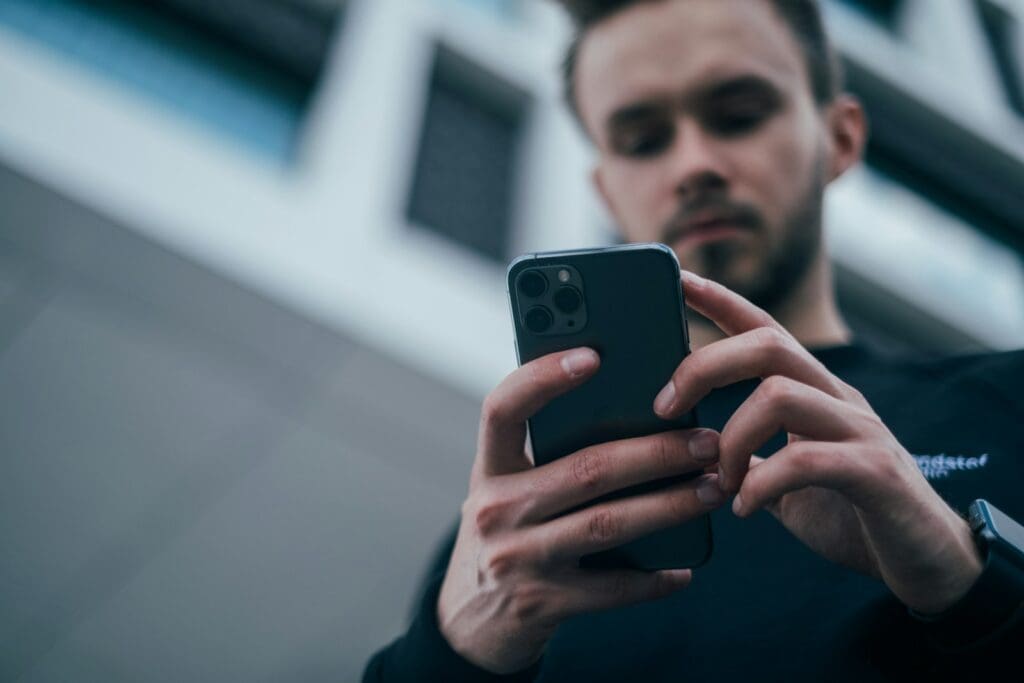
There are several apps designed specifically to help people cope with anxiety and depression. There are several free apps, as well as paid apps that can connect you with a professional. Some provide dedicated coaching coaching for issues such as PTSD, childcare, and more.
4. Dedicated Apps for Meditation and Relaxation
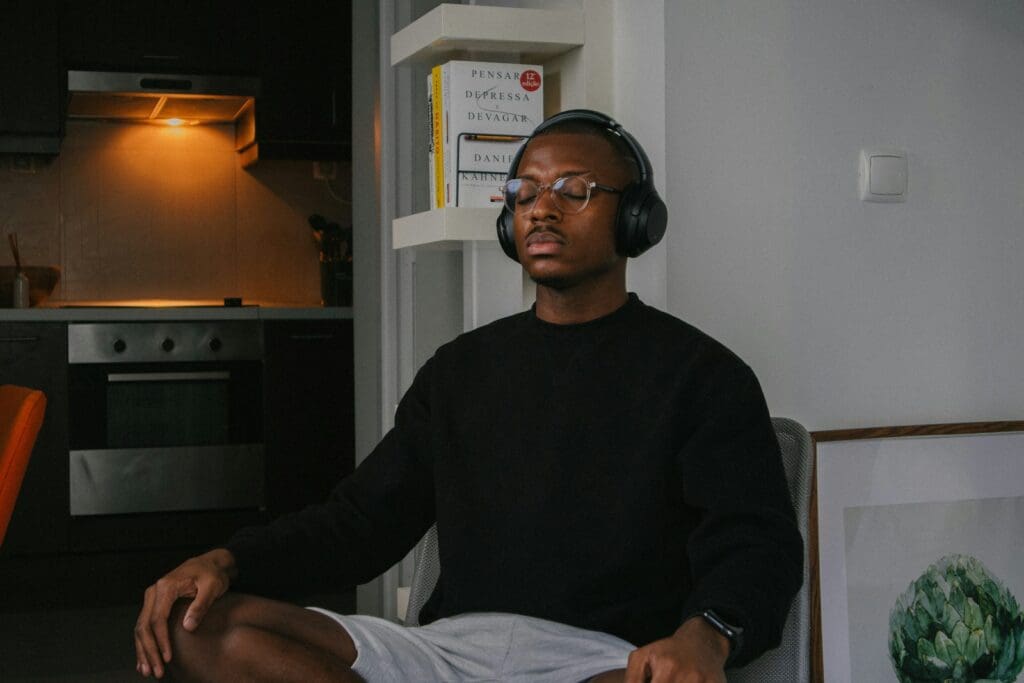
Several apps offer free content to help people learn meditation, mindfulness, and relaxation skills. A few of the free apps are “Health and Minds Program App,” “Stop, Breathe & Think,” “Insight Timer,” and “UCLA Mindful App.” Some other apps provide free trials. And still others have app programs designed for kids.
3. AI and Mental Health
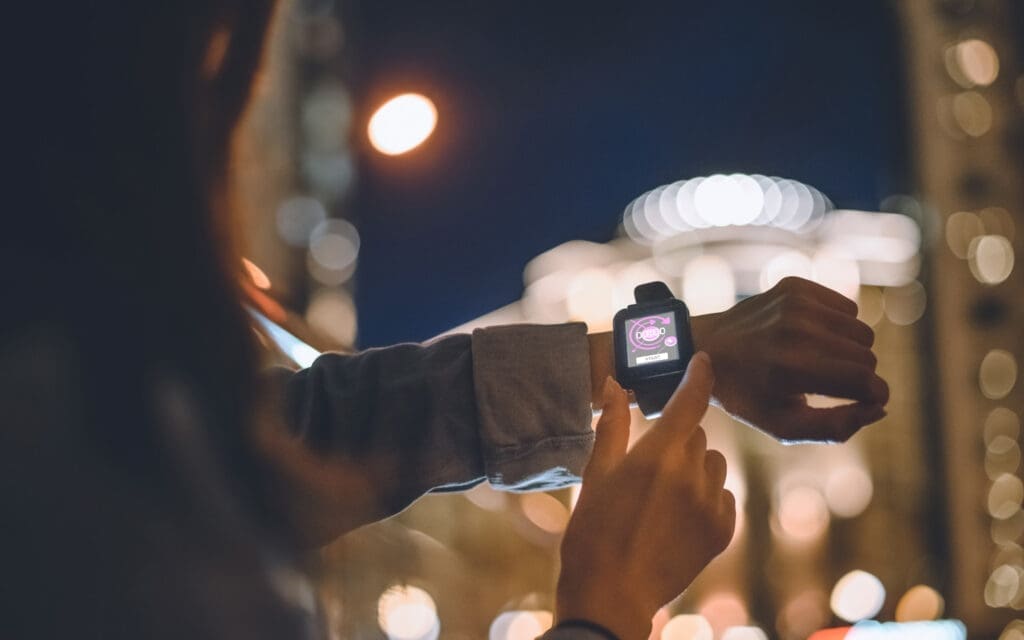
Artificial intelligence (AI) is helping to improve mental health apps. According to the National Institutes of Health, “AI-enabled tools can prevent more severe mental illness from developing by identifying higher-risk populations that lead to quicker intervention. AI can detect, assess, and predict stress.” For example, AI can read electronic health records, and through effective, rapid screening, detect early cognitive impairment.
Read More: Taking a Mental Health Day? Here’s How to Optimize It
2. How Effective Are Mental Health Apps?
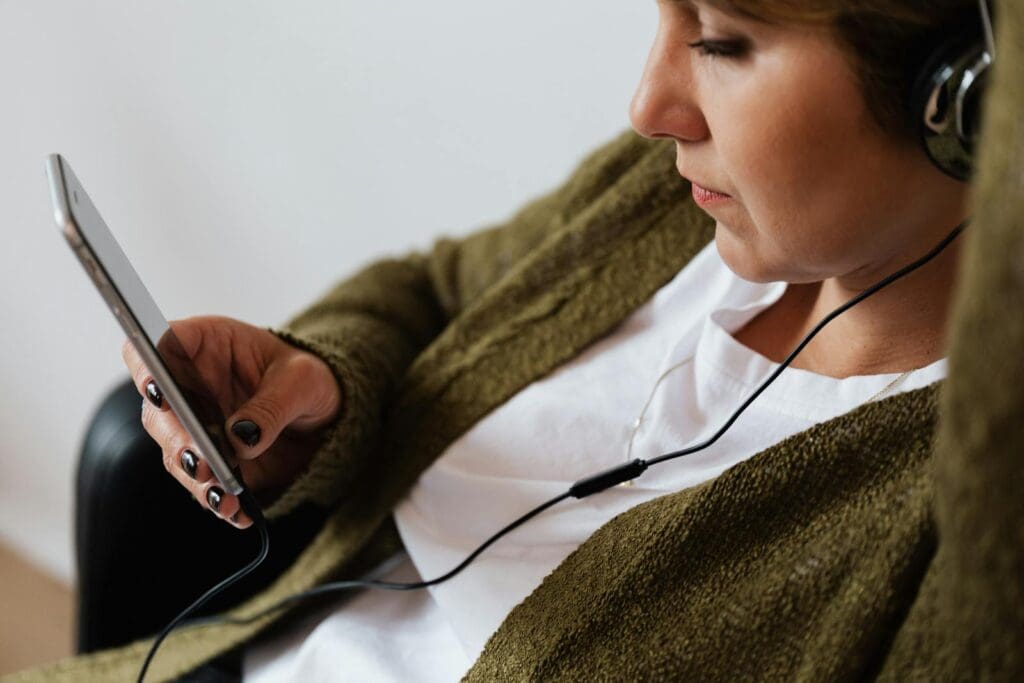
Studies on long-term treatment with mental health apps are relatively young. Most experts agree these apps are a great tool for supporting mental health. Some research suggests they have great potential in managing and improving the symptoms of select disorders. Others, however, have found no “convincing evidence” that mental health apps greatly improve outcomes for disorders such as anxiety, depression, or drinking.
Read More: Why Are Depression Rates Getting So Much Worse?
1. Mental Health Apps Have Limitations

While mental health apps are powerful tools that help supplement your mental health care, traditional therapy still has an important place. For example, a mental health app has limitations in times of a mental health crisis. There could be effectiveness issues when a mental health app is used alone. Some people may require in-person professional therapy for the best results.
Read More: Secure Your Career with a Counseling Degree


